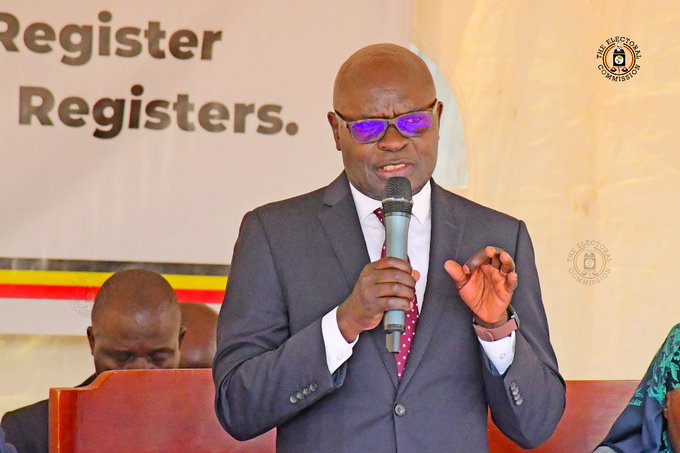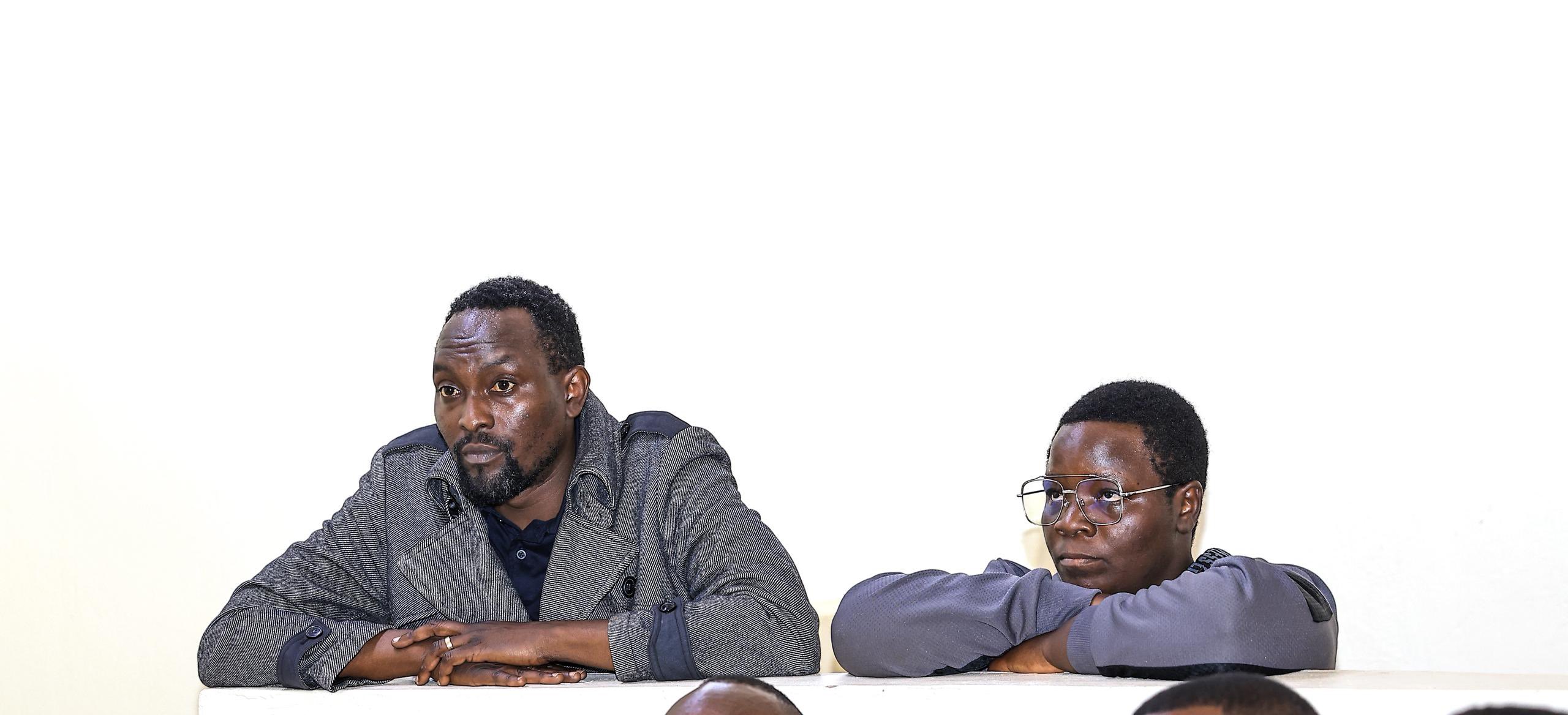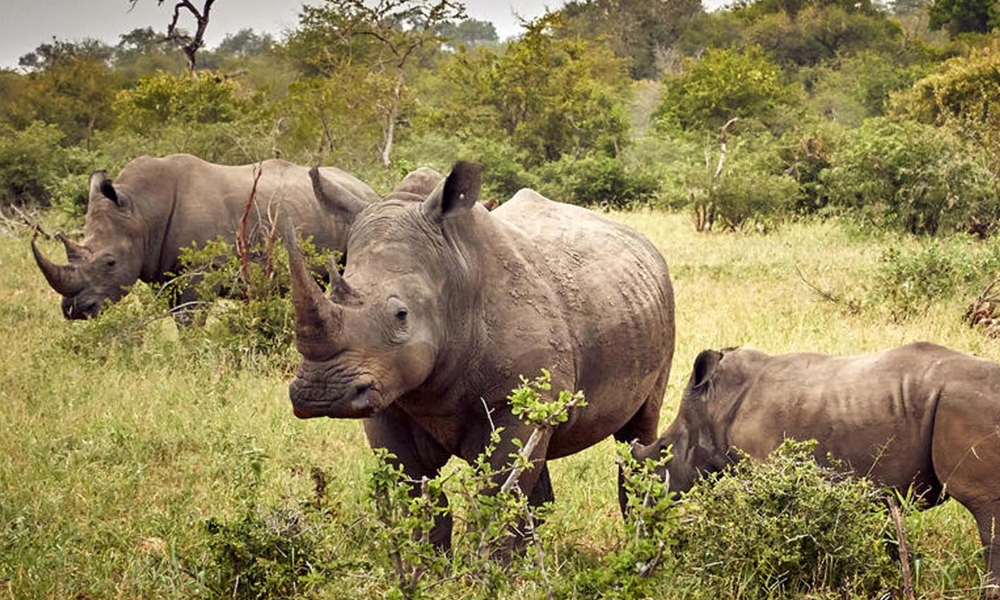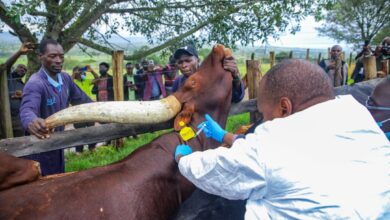WOMEN IN POLITICS: Are female candidates receiving enough support?
While there has been an increase in the number of female candidates over the years, their road to success is often fraught with challenges—ranging from societal expectations to financial constraints and a lack of resources compared to their male counterparts.
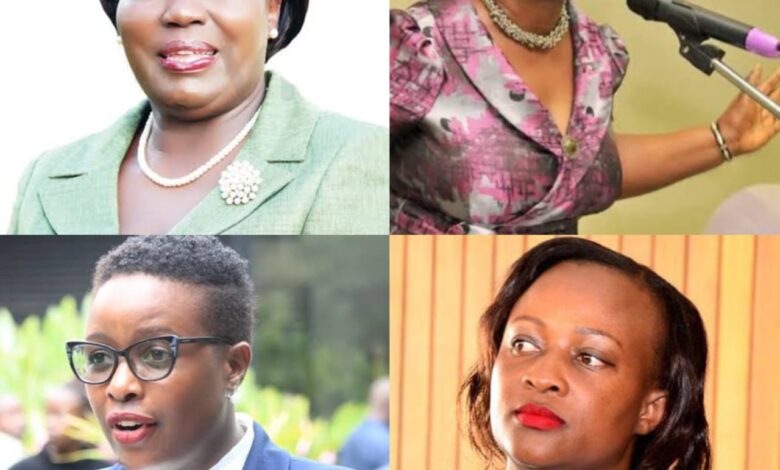
As Uganda heads towards another critical election, the role of women in politics is becoming a focal point of discussion.
Despite increased participation of women in recent years, there remains a sense of uncertainty among female voters about whether female candidates are receiving adequate support from both the public and political systems.
In Kampala’s bustling Owino Market, Grace Kasule, a vendor and single mother of three, shares her thoughts on women’s participation in politics.
“Women are capable leaders, but they face too many barriers,” she says while arranging her stall. “We are still judged based on gender, not merit. People question whether a woman can lead, even when she has all the qualifications.”
Kasule’s sentiment resonates with many Ugandan women. While there has been an increase in the number of female candidates over the years, their road to success is often fraught with challenges—ranging from societal expectations to financial constraints and a lack of resources compared to their male counterparts.
“The problem is not whether women are qualified,” says Dr. Harriet Nakayima, a renowned political scientist, specializing in gender studies. “It’s about whether society is ready to accept women in leadership roles and whether the political systems are truly supportive of female candidates.”
Nakayima notes that despite Uganda having significant female representation in Parliament, the deeper issue lies in societal attitudes that still view politics as a male-dominated sphere.
“Look at what happened to some of our most promising female politicians,” Dr. Nakayima continues. “They face smear campaigns, are often not taken seriously, and are expected to navigate family responsibilities while pursuing their careers. This is something male candidates rarely face.”
Nankinga Aisha, a community leader in Bwaise, agrees. She believes that many female candidates are subjected to unfair scrutiny, particularly when it comes to their personal lives.
“People always ask women about their families—how they will balance politics with home life. No one asks men these questions,” she explains. “We should be focusing on what they bring to the table, not how they manage their homes.”
The challenge of public perception is compounded by financial constraints. Mary Akello, an aspiring politician for Lira constituency, reveals how difficult it is for women to compete financially with male candidates.
“Men have more access to resources. They own property, businesses, and have financial backing that most women don’t,” she says. “It’s hard to compete when you don’t have the money for rallies or to run a proper campaign.”
Even those who manage to secure funding or gain public attention still face cultural resistance. Stella Mutesi, a teacher in Wakiso, points out that many voters—both men and women—are still hesitant to vote for female candidates. “There’s a belief that men are better leaders, which is outdated. But it’s still there, especially in rural areas,” she says. “Women have to work twice as hard to prove they can lead.”
Despite these challenges, many women are undeterred. Fatuma Khalid, a small business owner from downtown, sees the rise of female candidates as a sign of progress. “We need more women in leadership to address the issues that matter to us—healthcare, education, and women’s rights,” she asserts. “Women understand the struggles of other women better than men do.”
Dr. Nakayima stresses the importance of continuous support, both at the institutional and grassroots levels, to ensure that women in politics have a fighting chance. “It’s not just about putting women on the ballot,” she explains. “It’s about creating an environment where they can thrive, free from prejudice, financial inequality, and social stigma.”
As Uganda moves toward another election cycle, the question of whether female candidates are receiving enough support is a critical one. For the five women interviewed, the answer seems clear: while progress has been made, there is still a long way to go.
For many, the hope is that one day, Uganda’s political landscape will reflect true equality—where women can run for office based solely on their ideas and qualifications, not the gendered expectations that currently hold them back



